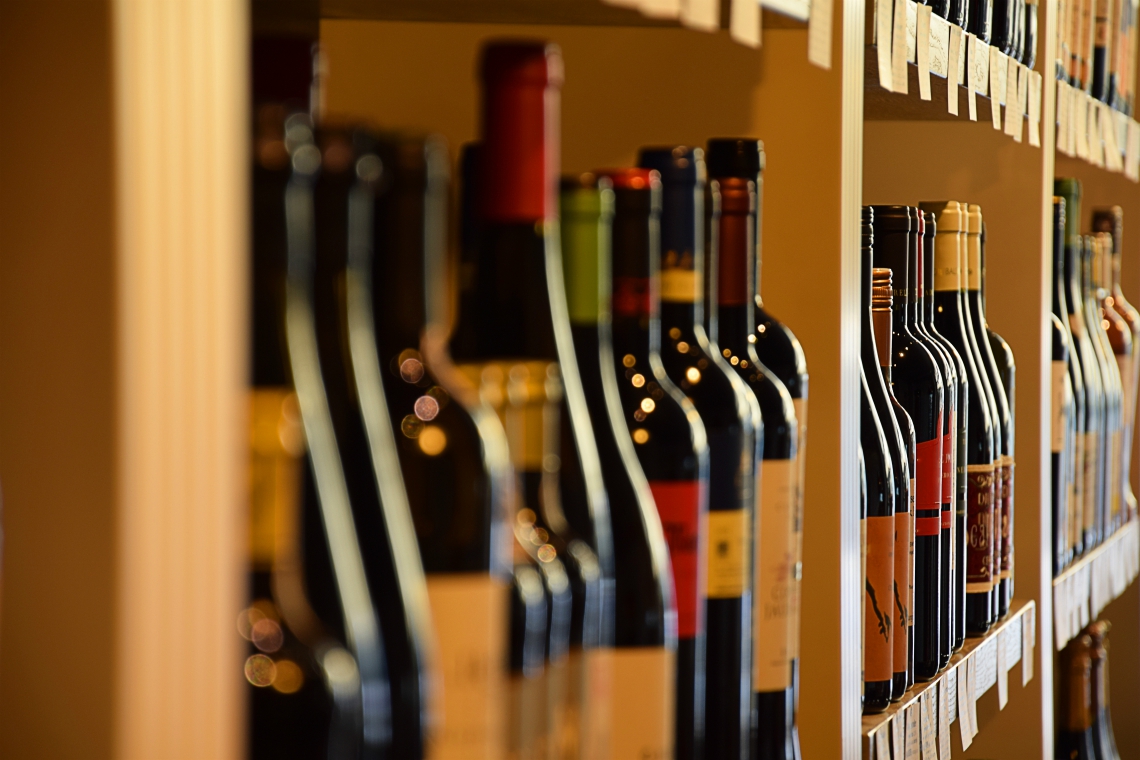New academic research published this week has claimed the Minimum Unit Price (MUP) policy in the Northern Territory is showing successful results.
In 2018, the NT Government introduced a minimum price of $1.30 per standard drink (or 10 grams of pure alcohol). The impacts of this are being measured on a yearly basis to assess whether the policy has a direct impact on reducing problem drinking in the state.
Retail Drinks Australia has described the latest research into MUP as failing to present a complete picture of alcohol-related harm in the NT, and noted that there needs to be a more open, transparent review of the policy at the three year mark that takes into account more data.
Michael Waters, Retail Drinks CEO, said: “As we have stated in the past, Retail Drinks believes that Territorians deserve an open, transparent and robust review of MUP. This process should be overseen by a multidisciplinary panel consisting of a diverse range of stakeholders rather than being placed in the hands of a group of entirely unaccountable academics.
“In choosing a narrow focus of only wholesale alcohol data, the authors of this report have failed to paint a complete picture of alcohol-related harm across the Territory, with alcohol-related assaults rising in Darwin by more than 21 per cent since MUP was introduced in October 2018.
“We have seen already with the one-year review process that the success of MUP cannot be ascertained for certain given that it was introduced at the exact same time as a raft of other alcohol-related reform measures from the Riley Review.
“This however has not stopped these academics from attempting to claim MUP as a resounding success.”
Alcohol Beverages Australia (ABA) has also reaffirmed its stance on the MUP after this research was published, with CEO Andrew Wilsmore noting that: “The only thing Minimum Unit Pricing has achieved is making the price of a drink more expensive for Territorians and tourists to the Top End.
“The price of a cask of wine – a drink overwhelming enjoyed in moderation by pensioners and retirees on fixed incomes – skyrocketed by over 300 per cent. This led to a fall in cask wine sales as consumers switched to spirits, which had the predictable outcome of actually increasing the total volume of alcohol sold in the Territory.”
Wilsmore said that its clear the MUP experiment has failed, and that its disappointing that people in the NT need to wait another two years for further reviews on the policy before anything is changed. He noted that other measures can and have proven to be more effective in addressing alcohol-related harm.
“Where local problems exist, they can be addressed with local solutions and the success of the policy auxiliary liquor inspectors is testament to that,” Wilsmore said.
In addition to the research itself, Waters also noted how the authors suggested in accompanying media articles that the apparent success of the MUP in the NT warranted a roll-out of the policy across other parts of Australia, an assertion Retail Drinks sees as entirely unjustified.
“It is absurd to suggest that alcohol policy which has been specifically developed for the Northern Territory should be replicated elsewhere in Australia where the individual patterns of alcohol consumption and problem drinking are entirely different,” Waters said.
Data from several sources has proven that Australia’s overall alcohol consumption levels are continuing on a downward trend, with Australian Bureau of Statistics and Roy Morgan figures last year showing the rate has hit a 50-year low.
Waters added: “It is a fact that, as a country, Australia’s alcohol consumption levels are at historic lows with more Australians continuing to make more responsible choices around drinking.”
The record low drinking levels are something that ABA similarly highlighted today, as Wilsmore said it’s important to keep consumption levels of the past year in context with the situation.
“We need to remember the hurt that’s been suffered by pubs, clubs and restaurants and cafes – where a quarter of total alcohol sales occur – and were either closed or suffered severe trading restrictions during the same year,” Wilsmore said.
“Those groups trying to suggest Australians have been drinking to excess during Covid lockdowns have got it wrong. Several studies, including the ABS, have shown that not to be the case, and combined with the reduction in on-premises sales, total alcohol consumed is predicted to be less than other years.
“The Federal Government has already forecast a slump with the most recent Federal Budget predicting a 15% reduction in tax receipts from falling wine sales and 10% reduction in beer sales in 2021-22.
“Packaged liquor sales are a value number, rather than a direct indicator of volume. Australians have modified their drinking habits during Covid and are choosing to spend a little more on a premium product, or are conscious of their wellbeing which has seen the sales of zero-alcohol products more than double.”

